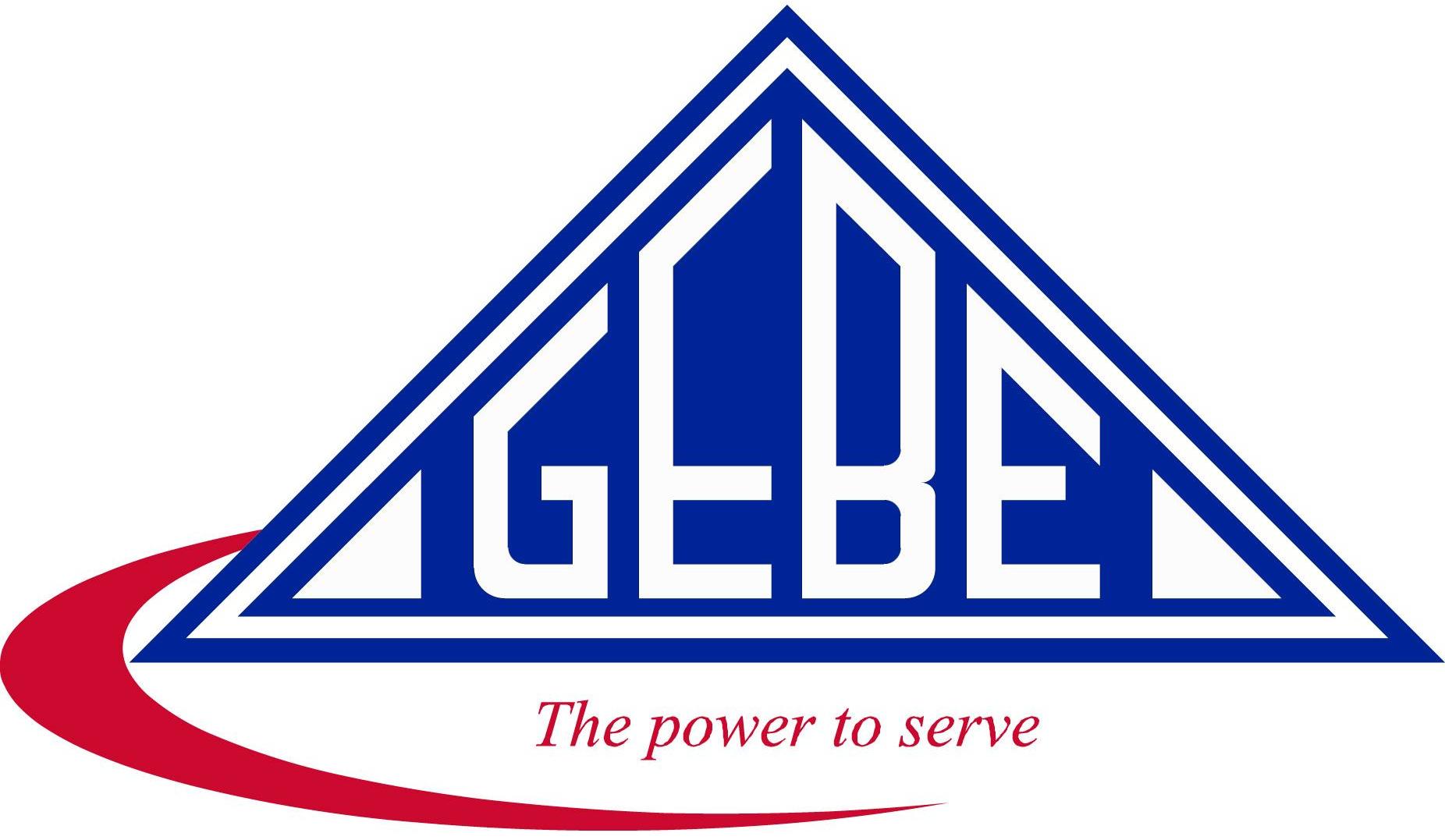Preventing Outages
We are dedicated to preventing outages by investing in the systems that serve our customers. Explore several ways that we work to prevent outages, and learn how you can contribute.
Overview
Blackouts and power outages frequently occur during the summer months when high numbers of people and businesses are operating air cooling systems simultaneously thus overwhelming the power grid and causing shutdowns. Power outages occur without notice, and could potentially be deadly during extreme heat. Many commercial buildings have backup generators that allow emergency systems such as exit signs and stairwell lighting to continue to function; however full electrical functions will remain off line until we resolves the outage problem. Therefore, it is best to be prepared for a power outage.
Power Outage procedures
- Remain calm, and stay where you are
- Evacuate only if instructed to do so by emergency personnel
- Turn off all electrical devices such as computers. Damage can occur once power is restored.
- During a power outage, cell phone towers may be inoperable or overwhelmed. Try sending text messages instead of making calls.
In the event of a power outage, elevators are programmed to return to the main floor and the doors will open. If an entrapment does occur, follow the instructions below:
- Remain calm
- Do not attempt to open the elevator door by shaking, jarring, or prying open the elevator door unless directed to do so by emergency personnel
- Notify the building personnel using the phone in the elevator or by calling emergency number
- Emergency respondents and building personnel will respond (be sure to follow all instructions)
Preparing for a Power Outage
Keep the following emergency supplies on hand:
a. Flashlights
b. Disposable batteries
c. Radios
d. A three-day supply of food and water
e. An external Cell Phone Charger (optional)
Tips for conserving Power
- Keep shades and window curtains closed during the day to keep out sunlight and hot air, and open windows at night to let in cooler air
- Set your air conditioner to low (or around 78 degrees), especially when you’re not home
- Turn off appliances and devices when not in use, such as lights, computers, televisions, and fans
- Run large appliances (such as washers, dryers and dishwashers) during off-peak hours when overall energy use is low. Off-peak hours are typically nights and weekends.
Additional Resources
For more information about Power Outage Preparedness, check out this Red Cross guide.
